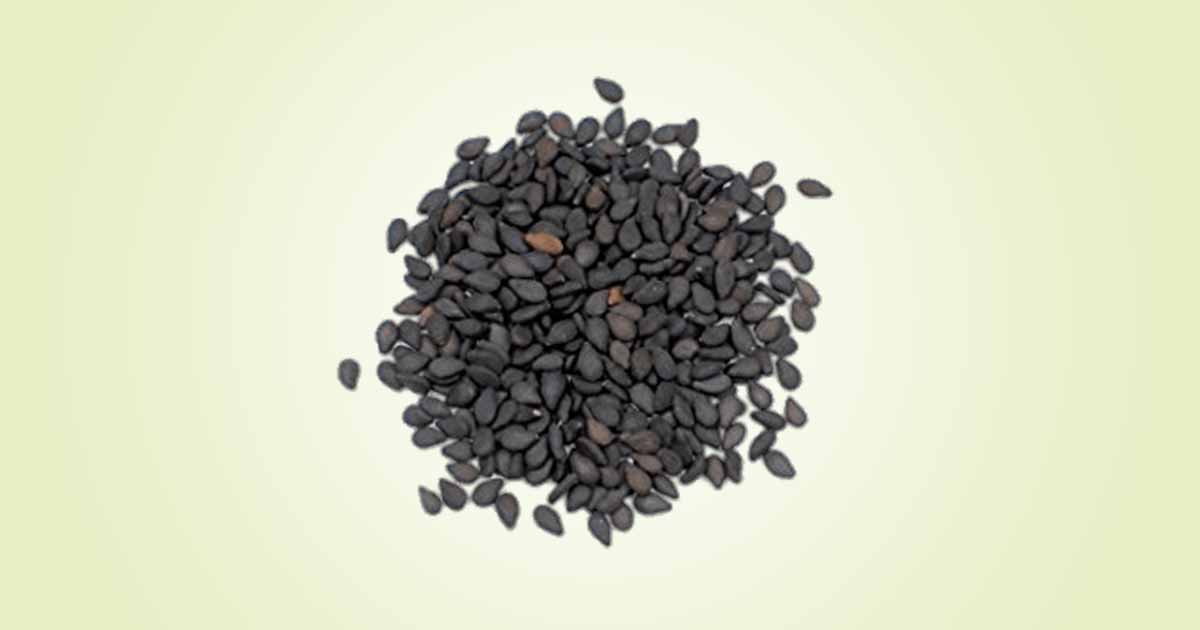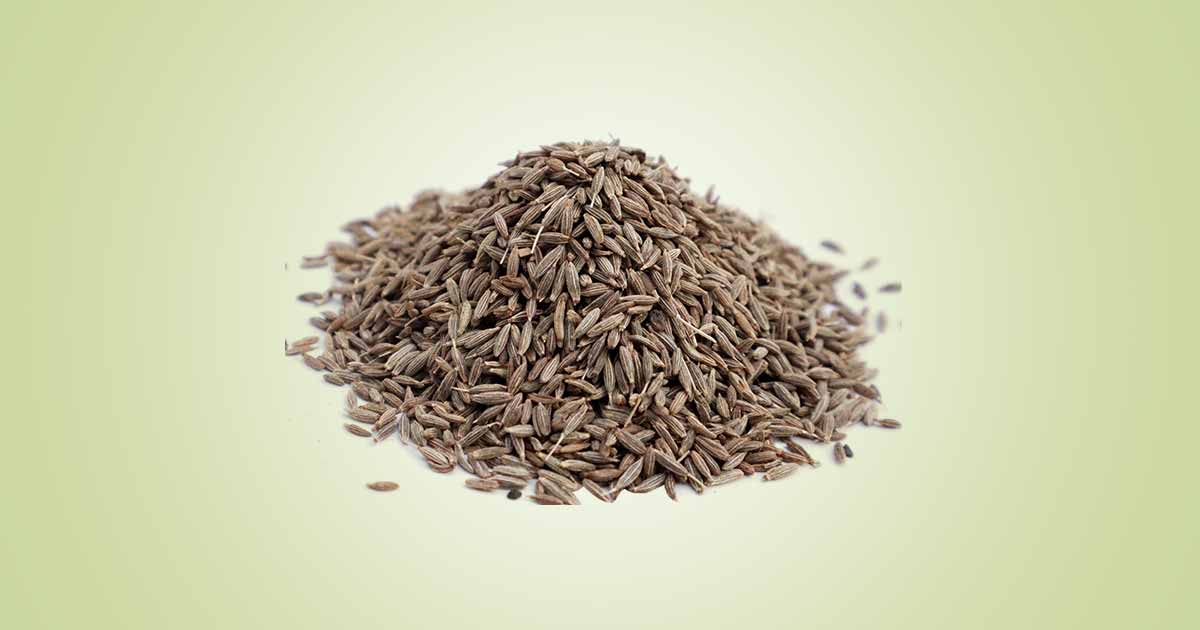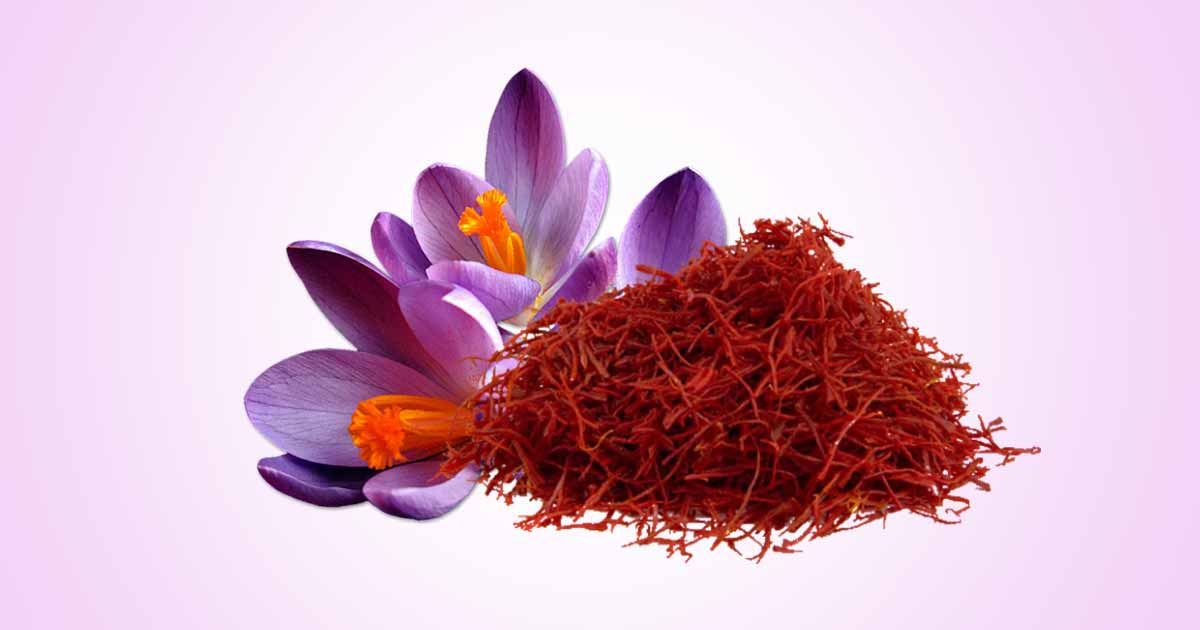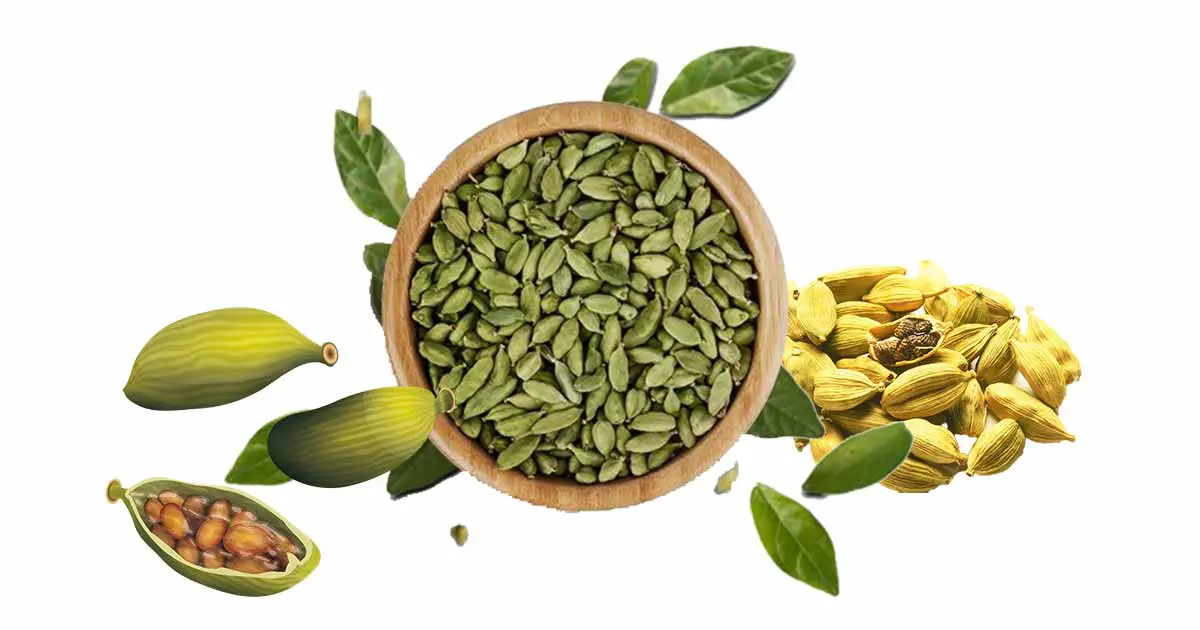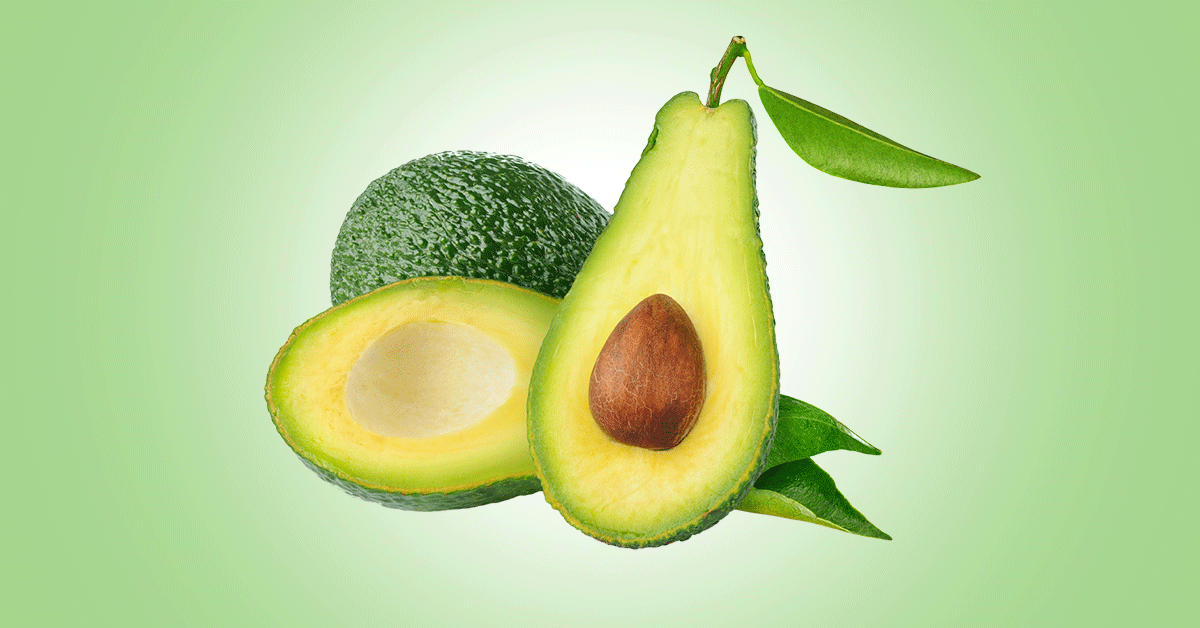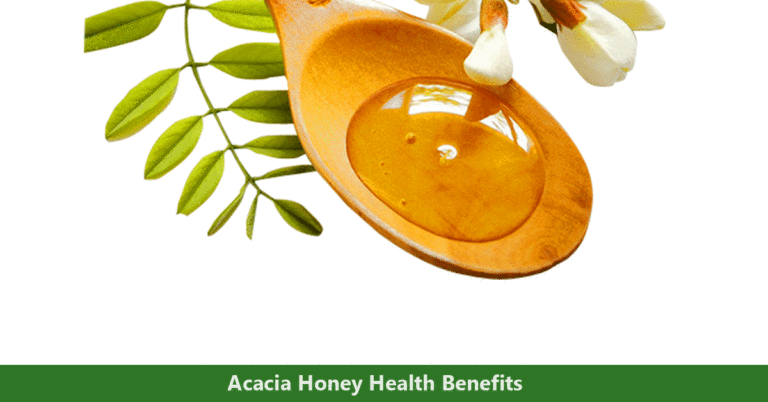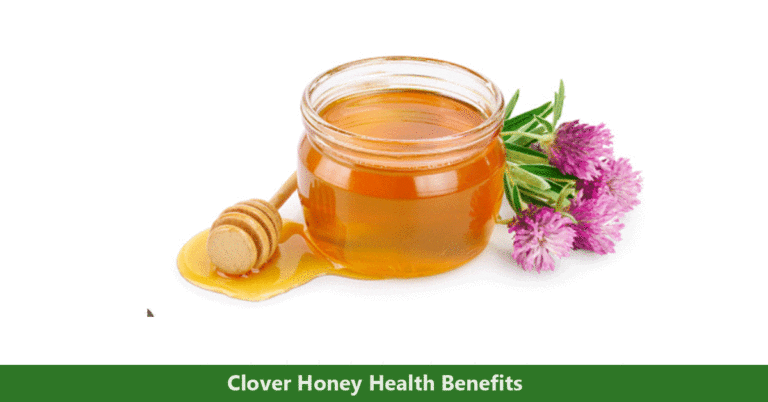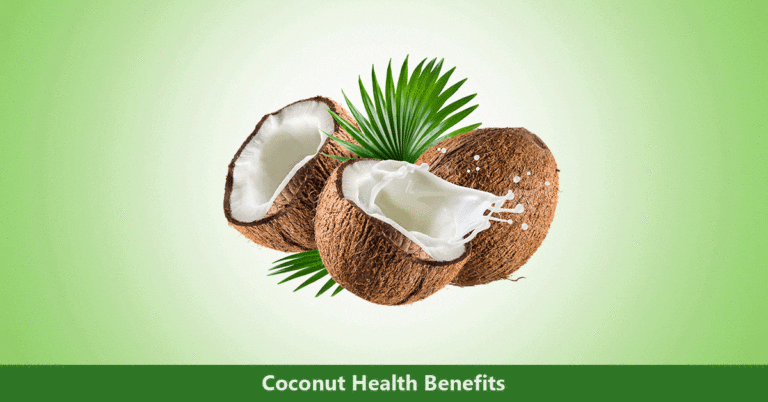Black cumin or black seed (Nigella sativa) is a herb belonging to the Ranunculaceae family. The seed and the volatile oil have been used for medicinal purposes for years.
Black seed is native to Southern Europe, North Africa and Southwest Asia, but now grown in India, Pakistan, Turkey, South Europe, Syria, and Saudi Arabia. Black cumin is completely different from the spice, cumin (Cuminum cyminum), a herb from the Apiaceae family.
Black cumin is an annual flowering plant that can grow up to 90 cm. It has finely divided leaves that are gray–green colored. Flowers are delicate and can be white, yellow, pink, pale blue or pale purple, with 5–10 petals.
The fruit is large and inflated capsule, with 3-7 united follicles. Each has many aromatic seeds. The seed is black on the outside and white inside, with slightly aromatic odor, and bitter taste. The seed contains oil globules.
Many methods are used to extract the seed oil, but the cold pressing method is popular as it is more healthy. Cold pressed black cumin oils (CPBCO) has high levels of polyunsaturated fatty acids, and then monounsaturated fatty acids. It also has bioactive compounds such as sterols, tocols, phenolics, carotenoids, and aromatic constituents.
Nigella sativa has antioxidant, anti-inflammatory, antihypertensive, anticancer, gastroprotective, antimicrobial, anthelmintics, antidiabetic, hepatoprotective, spasmolytic, analgesic, immunomodulatory, and bronchodilatory effects.
In traditional medicine in Eastern Europe, the Middle East, Western and Central Asia, black seed serves as liver tonic, stimulant, emenagogue, boost immune system, as digestive aid, appetite stimulant, to treat parasitic infection, boost breast milk in breastfeeding mothers. It is also used in diarrhea, skin diseases, bronchitis, asthma, rheumatism.
Black seed is also used to flavor bread and pickles. It has uses in bakery products, confectionery, and drinks.
Constituents
Black cumin seeds has to 40% fixed oil and approximately 1.4% essential oil.
Black cumin or black seed contains a quinine compound, thymoquinone (TQ) as the main constituent of the essential oils. Other constituents include thymohydroquinone, dithymoquinone, p-cymene, carvacrol, 4-terpineol, t-anethol, sesquiterpene longifolene, α-pinene and thymol. Minor quantities of carvone, limonene, and citronellol.
Black seed also contains alpha-hederin, a triterpene, saponins, isoquinoline alkaloids (nigellicimine and nigellicimine-N-oxide), pyrazol alkaloids (nigellidine and nigellicine).
Phenolic compounds include caftaric, gentisic, chlorogenic, caffeic, sinaoic, ferulic, p-coumaric, and cichoric acid. Flavonoid comppunds include myricetin, rutin, quercetin, apigenin, luteolin, patuletin, fisetin, hyperoside, and isoquercitrin
The fatty acids include unsaturated fatty acids such as linoleic acid, oleic acid, eicodadienoic acid, and dihomolinoleic acids. There are also saturated fatty acids such as palmitic and stearic acids. Sterols such as α-sitosterol and stigmasterol are obtained.
The root and shoot contains vanillic acids. Other constituents include nigellone,avenasterol-5-ene,, stigmastanol, campesterol, stigmasterol-7-ene, lophenol, obtusifoliol, citrostadienol, cycloeucalenol, cholesterol, β-amyrin, taraxerol, tirucallol, gramisterol, butyro-spermol, hederagenin glycoside, melanthin, melanthigenin, bitter principle, tannin, resin, protein, reducing sugar, alkaloids, glycosidal saponin.
Nutritional content
Black seed contains 20-85% of proteins, 38.20% of fats, 31.94% carbohydrates, ash, and 7-94% crude fiber. In the amino acids portion, glutamate, arginine, and aspartate were the major constituent, while cysteine and methionine were minor constituents.
Black cumin contains minerals such as potassium, iron, zinc, copper, calcium, and phosphorus. The seed contains the vitamin A precursor, carotene. Other vitamins include vitamin C, E, thiamin, niacin, pyridoxine, and folic acid.
Health Benefits of Black Seed or Black Cumin
Antioxidants:
The shoots, roots and seeds extract of black seed has strong antioxidant ability. Black seed oil and thymoquinone prevents lipid peroxidation and increased antioxidant enzyme activities like CAT, glutathione peroxidase, and SOD.
Antibacterial activity:
Thymoquinone from black cumin seed extracts inhibit both gram-positive and gram-negative bacteria like Bacillus, Listeria, Enterococcus, Micrococcus, Staphylococcus, Pseudomonas, Escherichia, Salmonella, Serovar, Vibrio parahaemolyticus and bacterial biofilm formation.
The inhibitory activity is higher for gram-positive (S. pyogenes) than gram-negative bacteria (P. aeruginosa, K. pneumoniae, and P. vulgaris)
Ground black seeds have bactericidal against gram positive methicilin resistant Staphylococcus aureus and also Staphylococcus epidermidis. This is attributed to thymoquinone and melanin. It also has anti H. pylori activity.
Antifungal activity:
Methanolic extract of N. sativa has strong antifungal activity against Candida albicans. It also has anti dermatophyte activity against Trichophyton rubrum, Trichophyton interdigitale, Trichophyton mentagrophytes, Epidermophyton floccosum and Microsporum cani species.
Constituents such as quinines, dithymoquinone, thymohydroquinone, and thymoquinone have the antifungal activities.
Anticancer action:
N. sativa seed extracts has cytotoxic, antitumor and anti-angiogenic activities. Thymoquinone and its derivatives induce apoptosis, reduced oxidative stress, and growth inhibition.
The extract inhibits human MCF-7 breast cancer, human osteosarcoma cell line SaOS-2, human cervical squamous carcinoma cells (SiHa), pancreatic cancer cells, human HL-60 leukemia, 518A2 melanoma, and gastric cancer cells.
Antidiabetic activity:
A combination of α-lipoic acid (α-LA), L-carnitine, and N. sativa was used to test for carbohydrate and lipid metabolism, in rats induced with diabetes using streptozocin (STZ) injection.
The combination reduced blood glucose levels, increased the level of insulin and C-peptide, and improved carbohydrates’ metabolism.
Black seed and its oil reduced oxidative stress, and restored the integrity of pancreatic β-cells. N. sativa reduced fasting blood glucose, glycosylated hemoglobin (HbA1c) without change in body weight.
Hypolipidemic effect:
Black cumin seed extract increased high-density lipoprotein cholesterol (HDL-c) levels and decreased the total cholesterol (TC) and triglyceride (TG) as well as low-density lipoprotein cholesterol (LDL-c).
Thymoquinone exhibit antihypercholesterolemic activities by reducing HMG-CoA reductase serum level
Antihypertensive property:
In a study, supplementation with black cumin for a year resulted in the reduction of systolic, diastolic, and mean arterial BP, heart rate, TC, LDL-c, the fractions of TC/HDL-c, and LDL-c/HDL-c while serum HDL-c was raised.
The black seed oil reduced cardiac lipid peroxidation product and inhibited angiotensin converting enzyme but increased plasma nitric oxide level significantly.
Skin diseases:
Black seed contains thymoquinone and other constituents such as unsaturated fatty acids, alkaloids, proteins, saponins, and volatile oils with anti-inflammatory, antioxidant, antimicrobial, and Immunomodulatory effects.
It could be beneficial in allergic skin conditions, wound, skin inflammation, and vitiligo.
Anti-inflammatory activity:
N. sativa constituent, thymoquinone may inhibit inflammatory cytokines such as interleukin-1 and 6 and the transcription factor, nuclear factor κB.
It also reduced the PDA cell synthesis of MCP-1, TNF-alpha, interleukin (IL)-1 β and Cox-2, and increased p21 WAF1 expression, inhibited HDAC activity, and induced histone hyperacetylation.
Prevents osteoporosis:
N. sativa prevents osteoporosis by decreasing inflammation and increasing antioxidant compounds.
Anti-allergic effect:
Nigella sativa has anti-inflammatory effect which can be useful in treating allergic rhinitis, nasal mucosal congestion, nasal itching, runny nose, sneezing attacks, turbinate hypertrophy, and mucosal pallor.
Anti-schistosomiasis action:
Black seeds have shown strong biocidal effects against all stages of the parasite and also inhibits the egg-laying of Schistosoma mansoni, miracidia, cercariae, and adult worms.
Immunomodulatory activity:
Extract of black seeds enhance the white blood cells count and bone marrow cellularity. In mice induced with immunosuppression using cyclophosphamide, the black seed treatment improved resistance to lethal infection.
Black cumin oil caused a decrease in the antibody production after typhoid vaccination as compared to the control rats, but significantly decreased the splenocytes and neutrophils counts, with a rise in peripheral lymphocytes and monocytes in experimental rats.
Hepatoprotective effaect:
Nigella sativa relieves the effect of ischemia reperfusion injury on the liver. It also prevents lipid peroxidation after exposure to carbon tetrachloride, and the toxic effect of lead. The antioxidant effect contribute to the protective effect against hepatotoxicity.
Antifertility effect:
Black cumin seeds extract prevented pregnancy in Sprague-Dawley rats at 2g/kg dosage daily on day’s 1-10 post-coitum. It possesses estrogenic and uterotrophic activity.
Anticonvulsant activity:
Nigella sativa oil and seed extract protected mice effectively against PTZ-induced convulsions. Constituents such as thymoquinone, p-cymene, and α-pinene in the volatile oils are believed to exhibit the anti-epileptic effect.
Also, curcumin and N. sativa oil was effective in treating pilocarpine induced epilepsy. Pilocarpine caused an increase in hippocampal aspartate and a significant decrease in glycine and taurine levels. Treatment with curcumin and valproate improved the adverse effect.
Protective effect on the testicle:
Thymoquinone treatment decreased TAC and prevented the increase in the myeloperoxidase activity on rats induced with testicular toxicity using methotrexate.
Nueuroprotective effect:
Black cumin increases 5-HT levels in brain and improves learning and memory in rats. Black seed oil has anxiolytic effect and increased brain levels of 5-HT (Serotonin), tryptophan, but decreased the brain levels of 5-HIAA (hydroxyindole acetic acid).
It increases the antioxidant enzymes, modulates the GABA and NO levels, and prevents anxiety.
Anti-asthmatic effect:
Nigellone, a constituent in black seed, exhibits an antispasmodic effect and cause an increase in mucociliary clearance. It could be helpful in treating respiratory conditions.
Black seed extract relaxes the trachea and prevent pulmonary inflammation. N. sativa treatment inhibits the inflammatory pulmonary responses, peribronchial inflammatory cell infiltration, alveolar septal infiltration, alveolar edema, alveolar exudate, alveolar macrophages, interstitial fibrosis, granuloma, and necrosis formation.
In studies with asthmatic patients, it improved bronchodilation, but with lesser effect than the standard drug, theophylline.
Antioxytocic effect:
Black seeds and volatile oils inhibit the uterine smooth muscle contraction, and movement of rat and guinea pig uterine smooth muscle induced by oxytocin stimulation.
Gastroprotective effect:
Black seed oil and thymoquinone could protect against gastrointestinal dysfunction in cisplatin (CP) chemotherapy. Thymoquinone also reduced volume and total acidity of gastric secretion, suggesting a beneficial effect in gastric ulcers.
A combination of black seed and honey has been suggested to be effective in managing gastric H. pylori infection.
Use as a Galactagogue:
Black cumin has been used in traditional medicine as a galactagogue to promote breast milk in nursing mothers. Hosseinzadeh et al. suggested that the extract of black cumin contains estrogenic constituents like anethole, which stimulates prolactin release and boost milk production by antagonizing at the dopamine receptor site.
Drug interactions
N. sativa extracts inhibit cDNA-expressed human cytochrome P-450 3A4, 2C9, 3A5 and 3A7-mediated metabolism. This could affect the metabolism of some drugs.
It enhances the permeability and availability of amoxicillin in both in vivo and in vitro studies.
Toxicity and Side Effects
Black seed and the volatile compounds do not cause any serious side effect or organ damage when orally administered.
References
- https://www.ncbi.nlm.nih.gov/pmc/articles/PMC3642442/
- https://www.hindawi.com/journals/ecam/2019/1528635/
- https://www.sciencedirect.com/topics/agricultural-and-biological-sciences/nigella-sativa
- https://www.mdpi.com/2072-6643/13/6/1784

